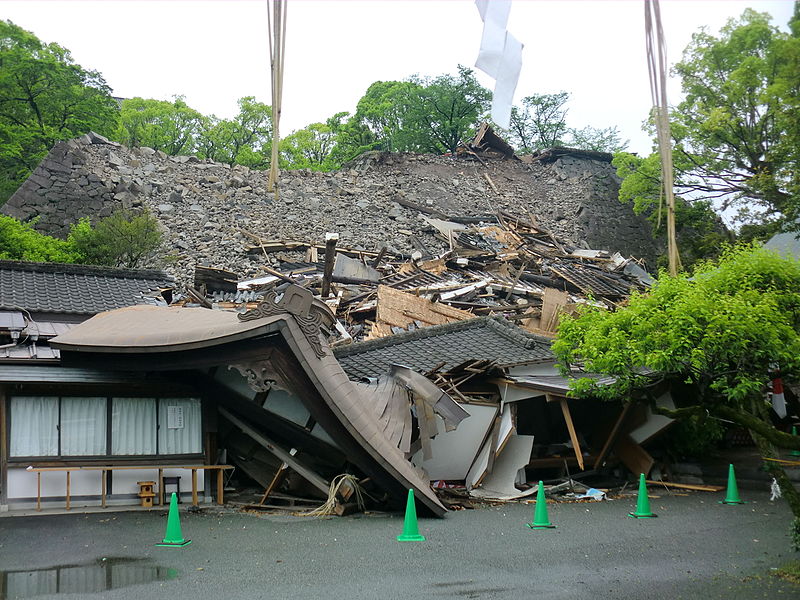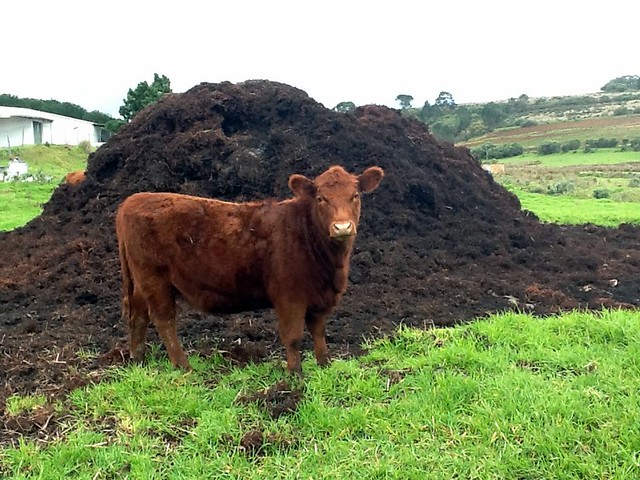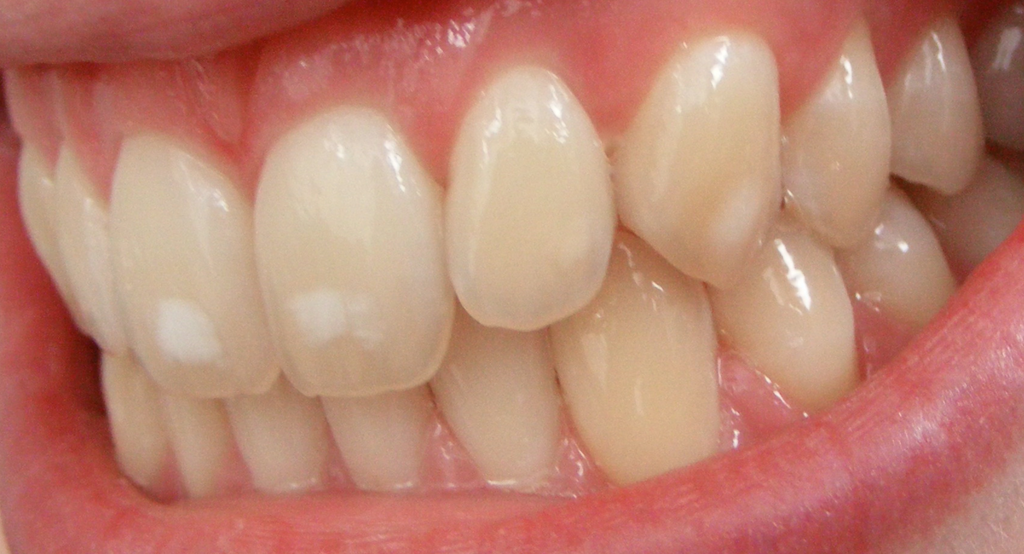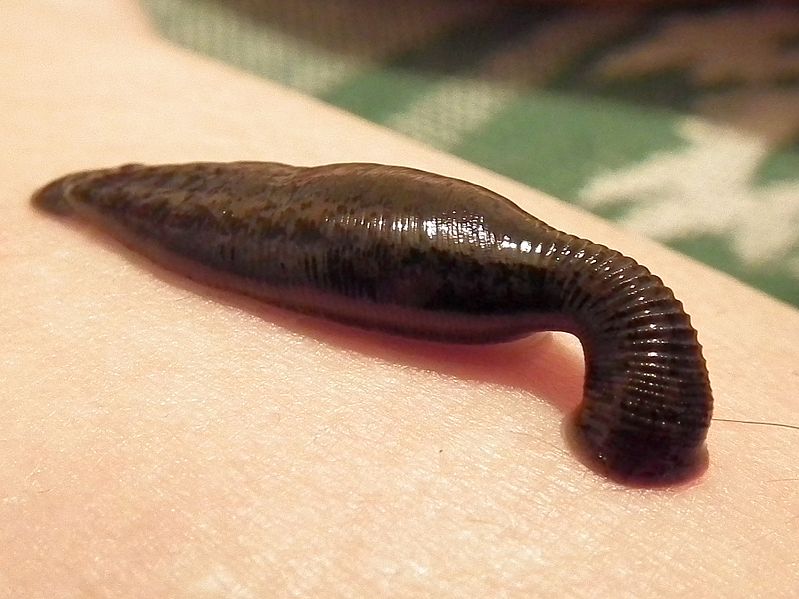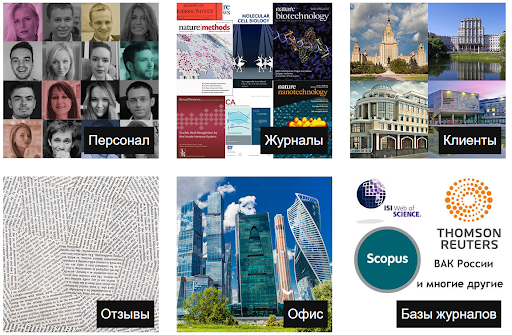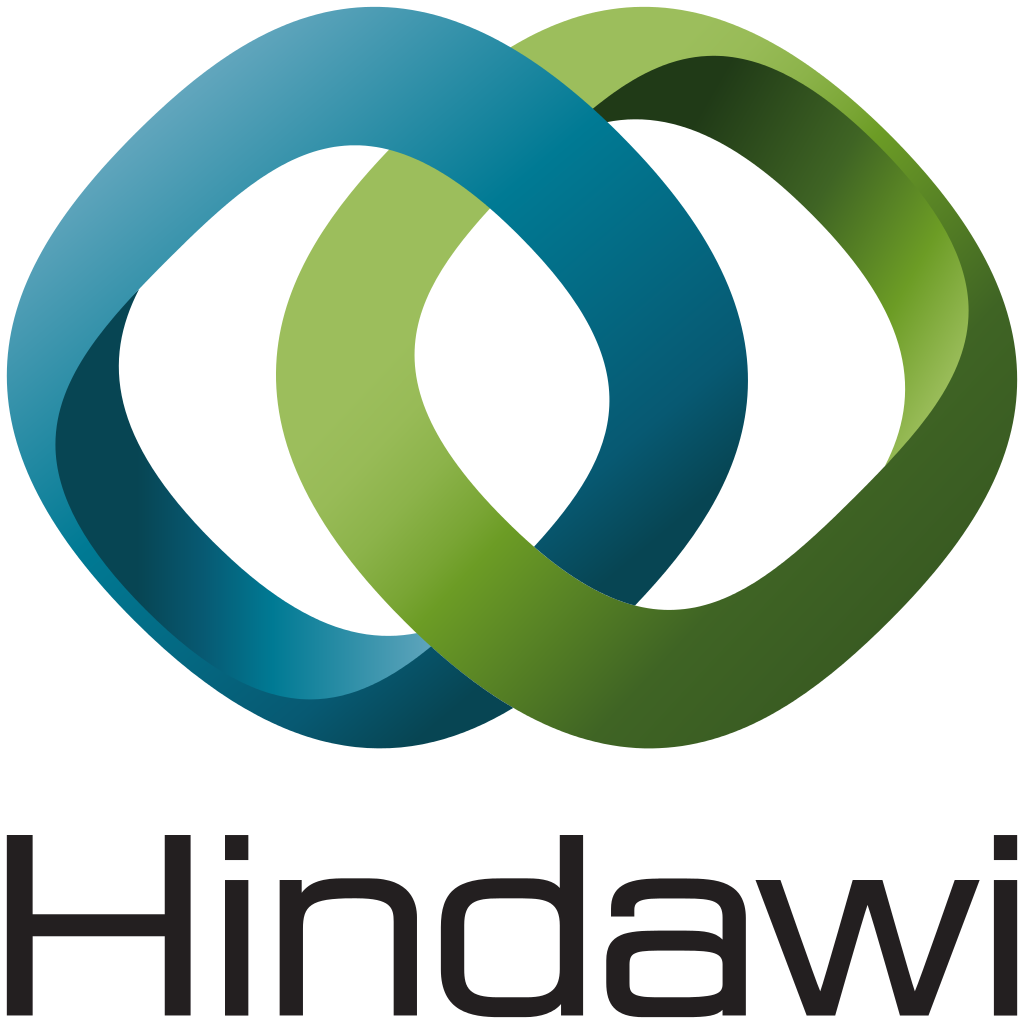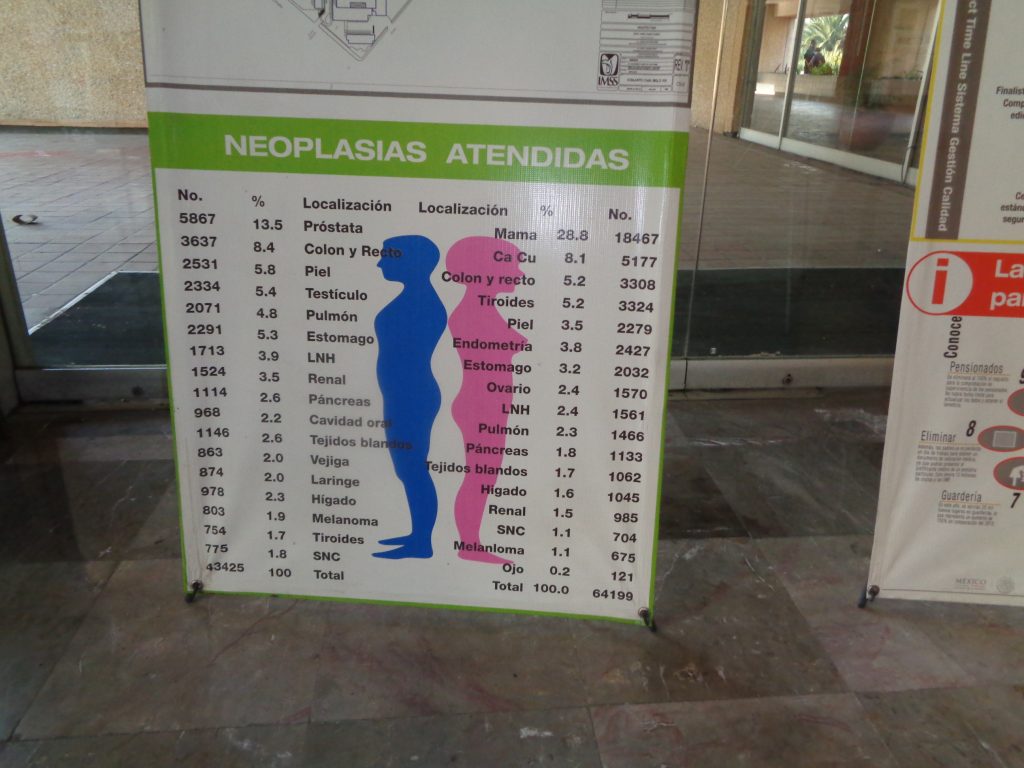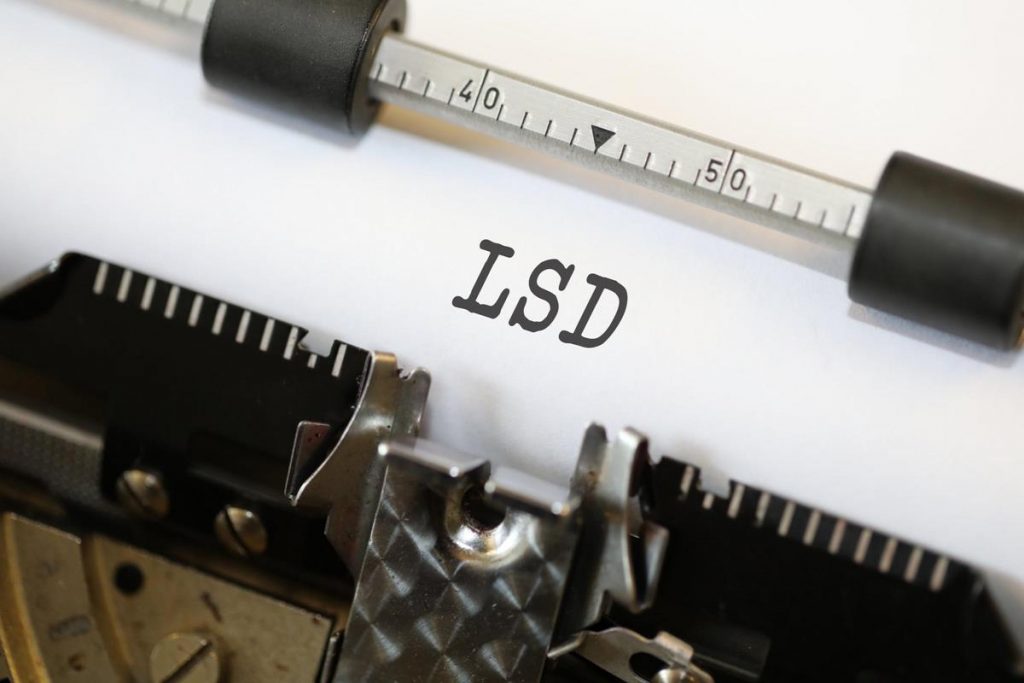
Evidently meth is a gateway drug … for publishing misconduct.
Researchers in China have lost a 2019 paper on how LSD can damage eyesight because they’d lifted much of the paper from an article that had appeared the year before in a different journal — about methamphetamine.
The retracted article, “Long-term systemic treatment with lysergic acid diethylamide causes retinal damage in CD1 mice,” appeared in Human & Experimental Toxicology. According to the article:
Continue reading Drug researchers trip up, lifting meth paper to write one on LSD
